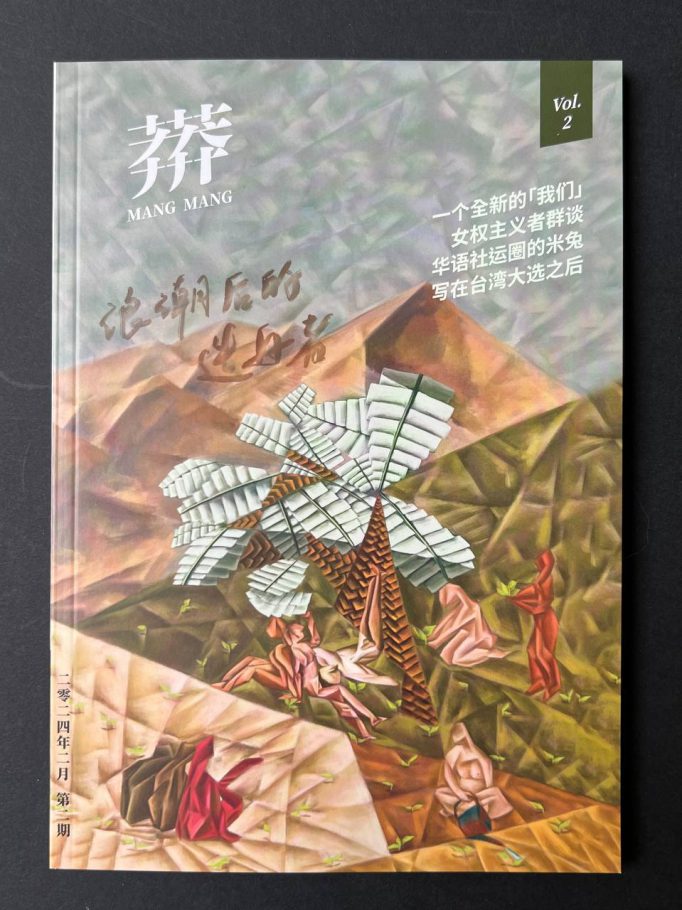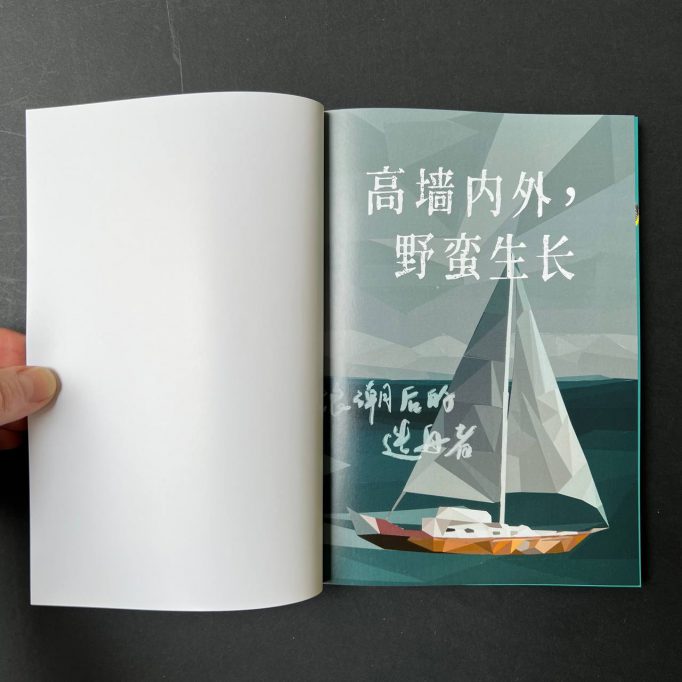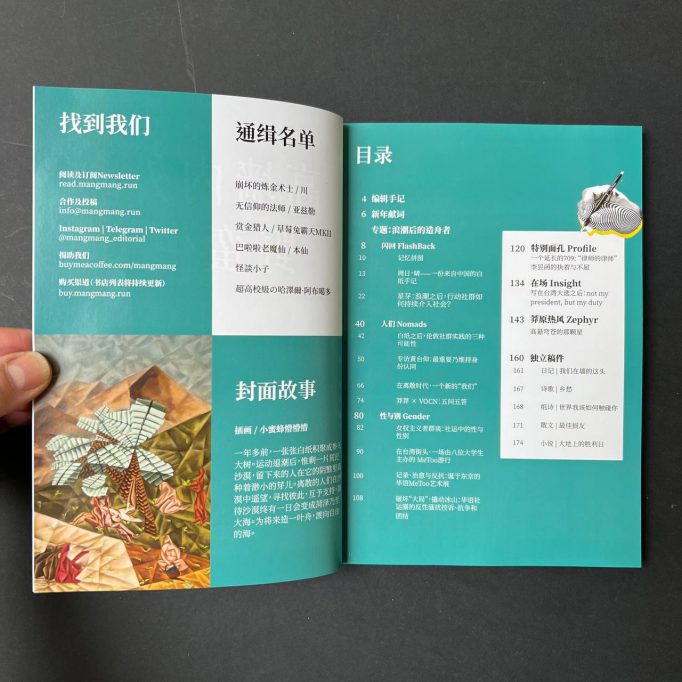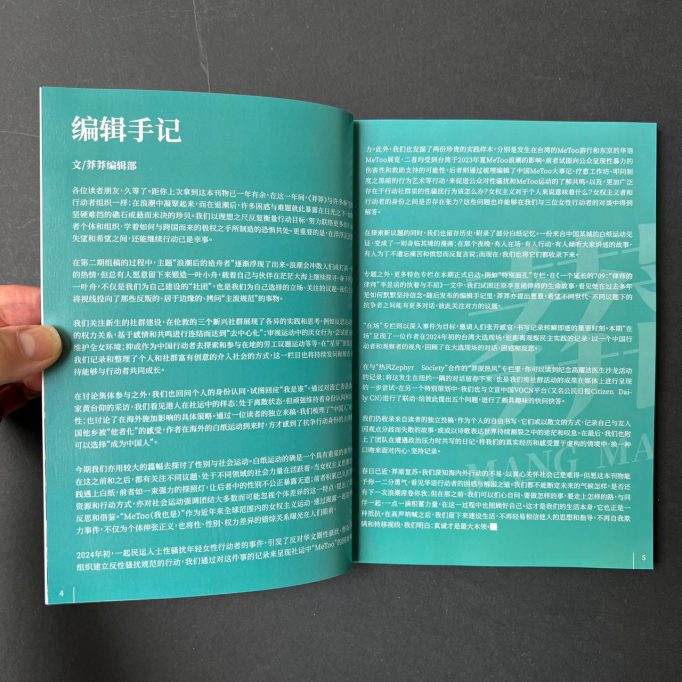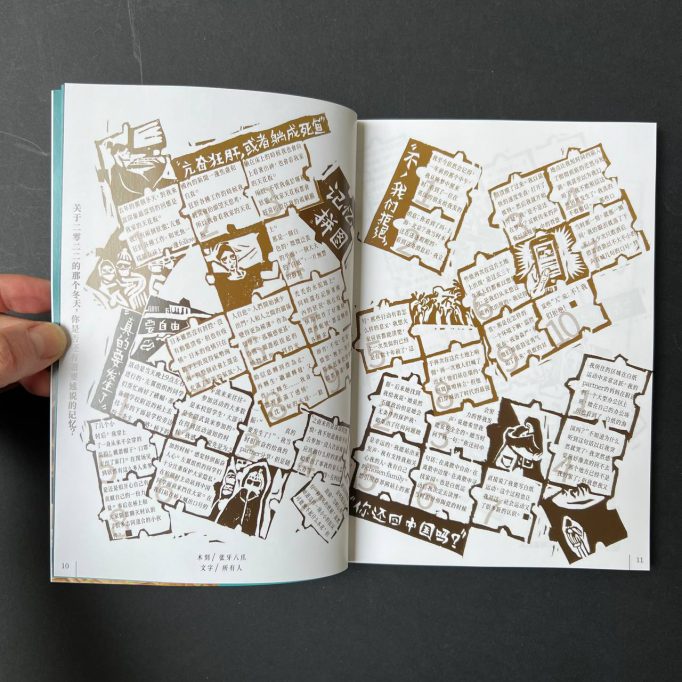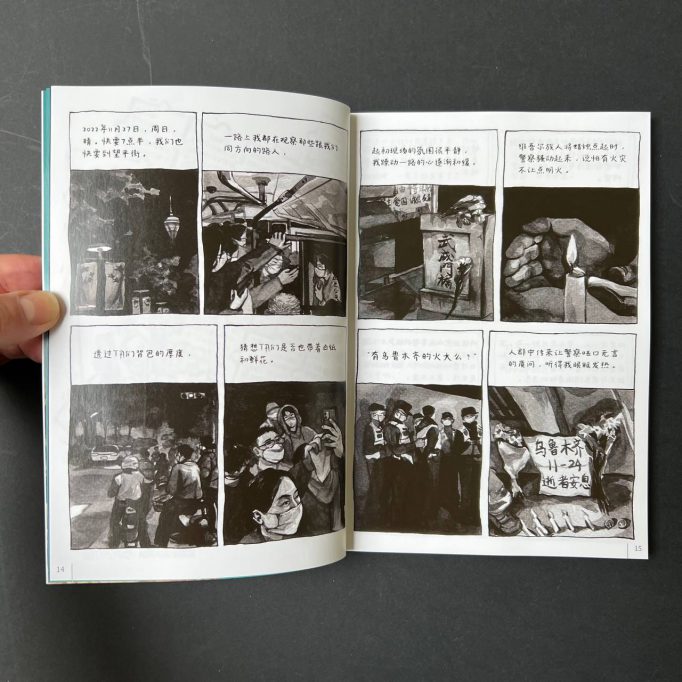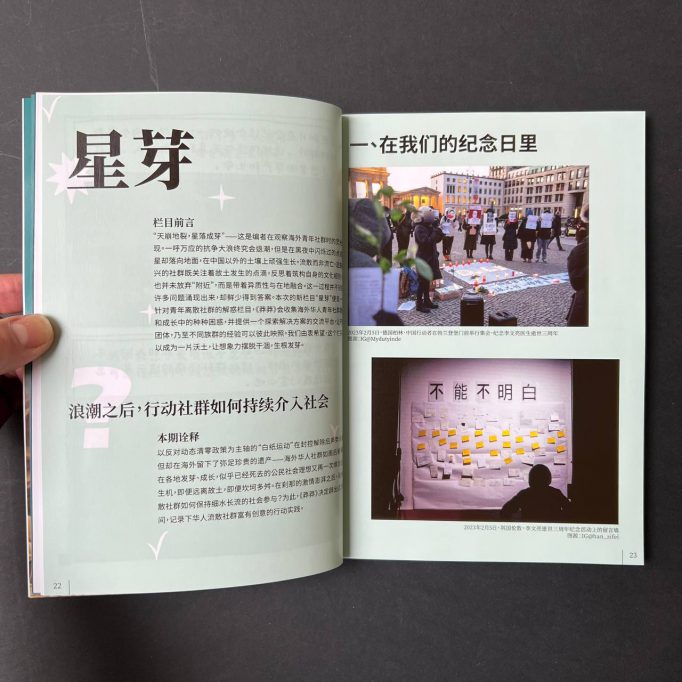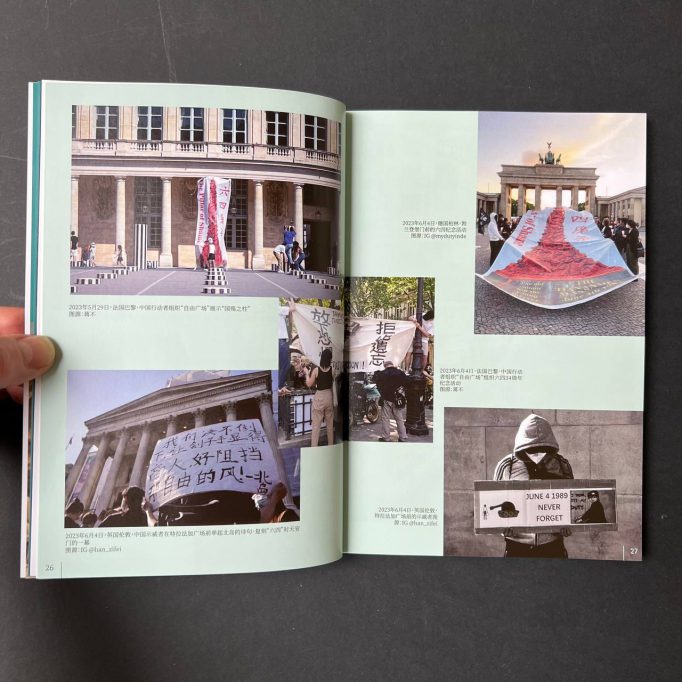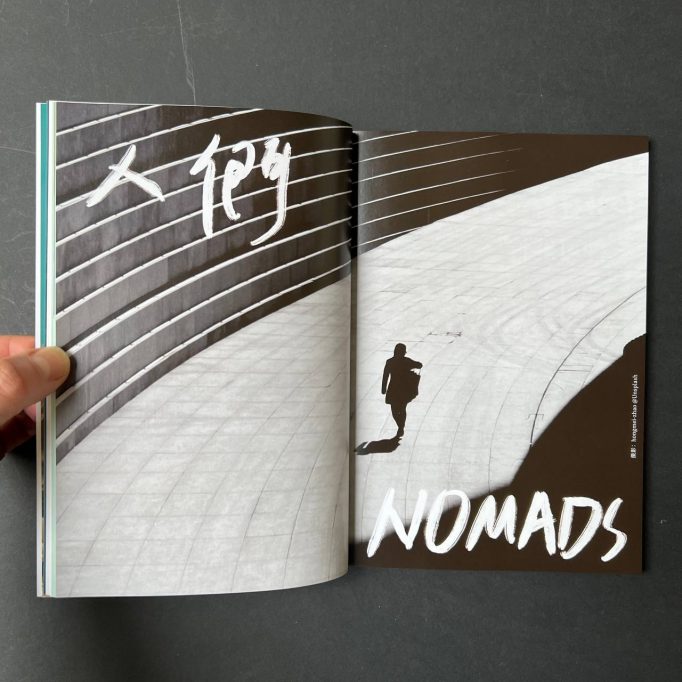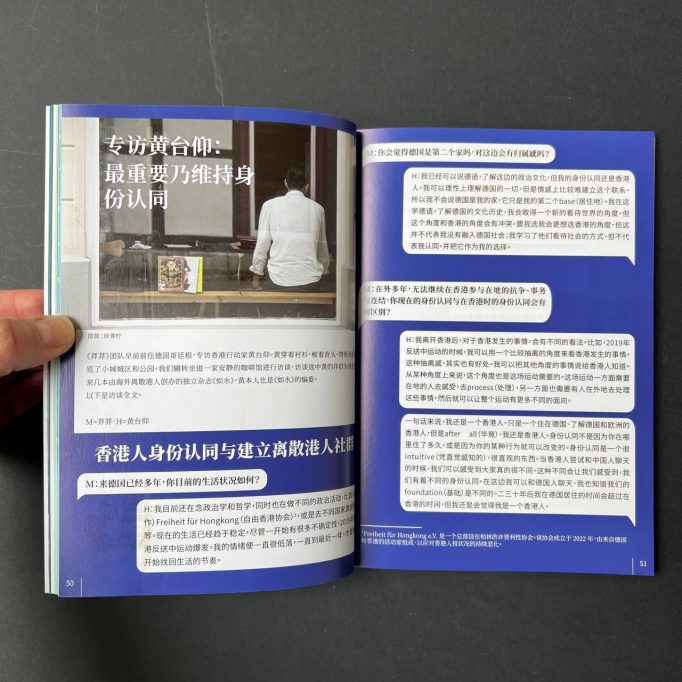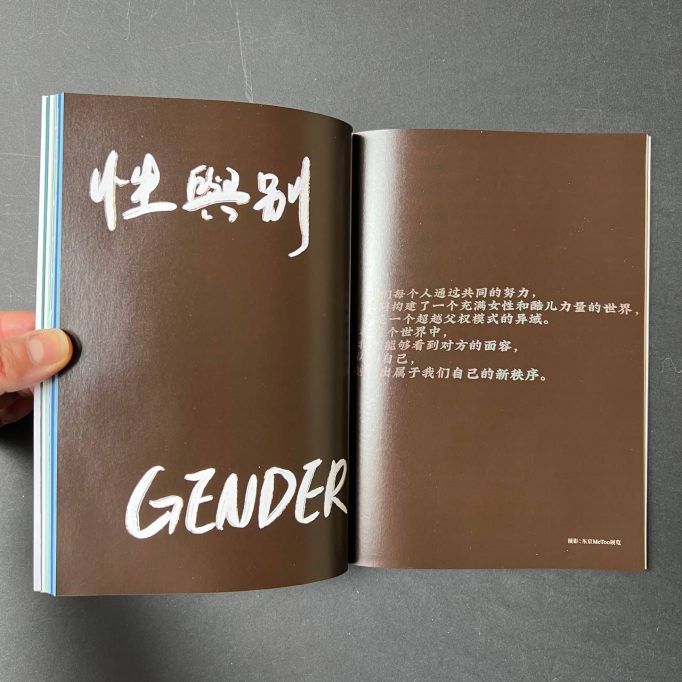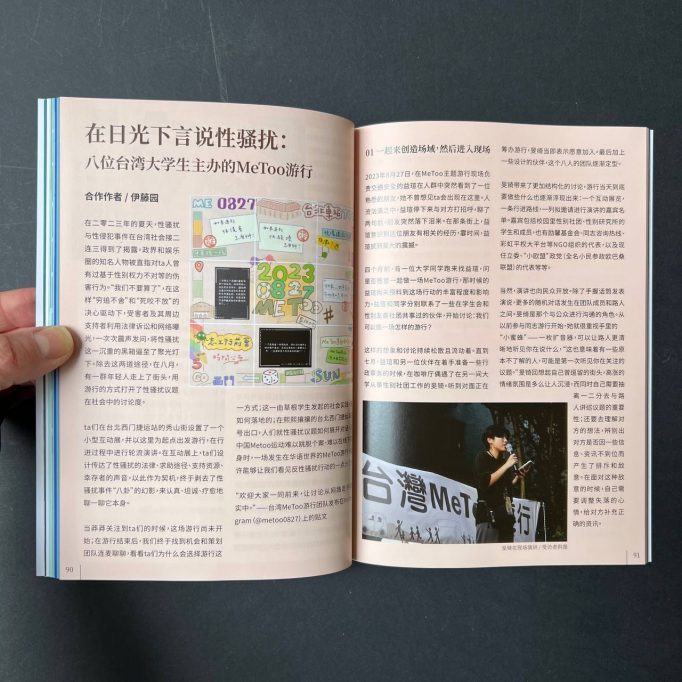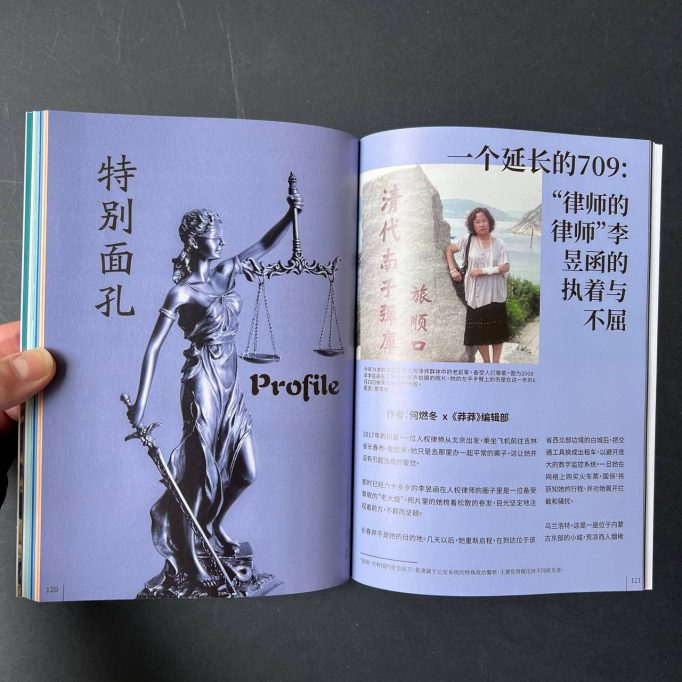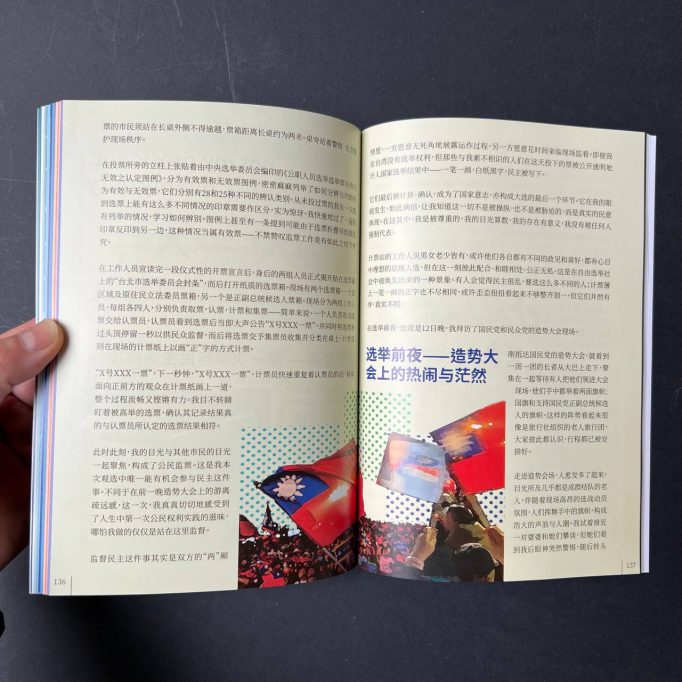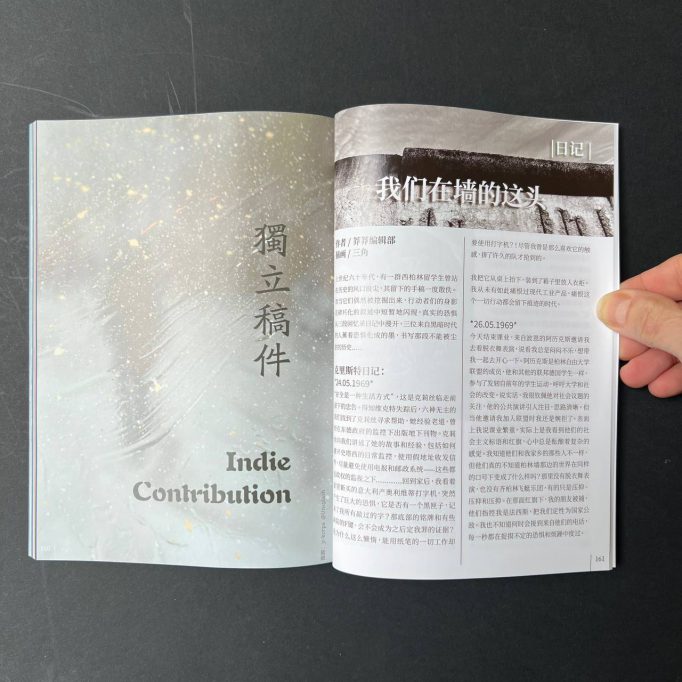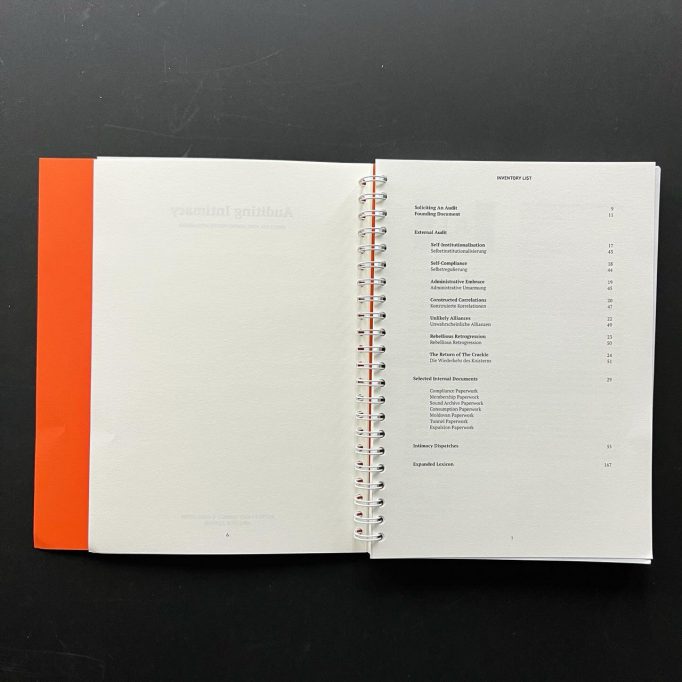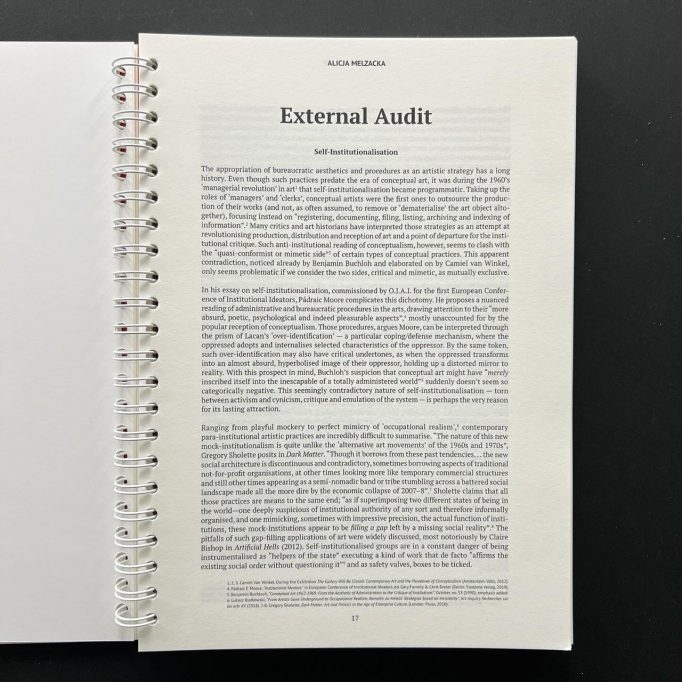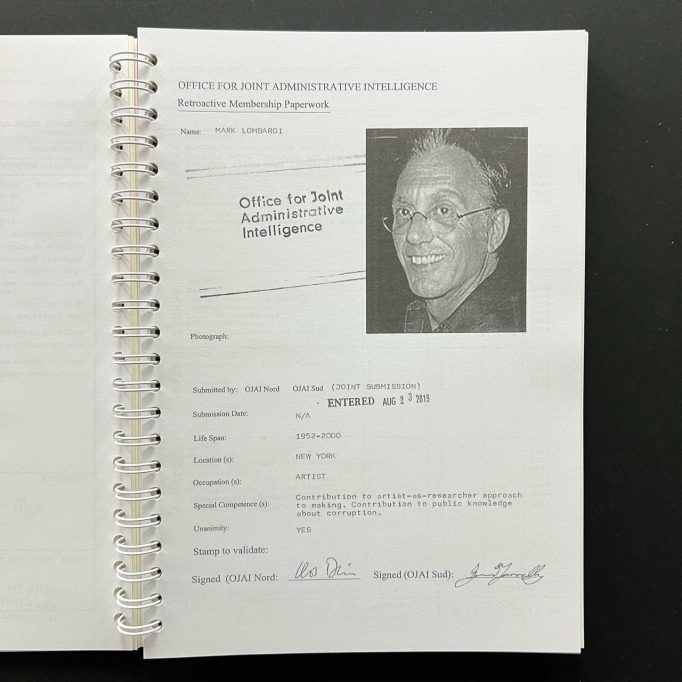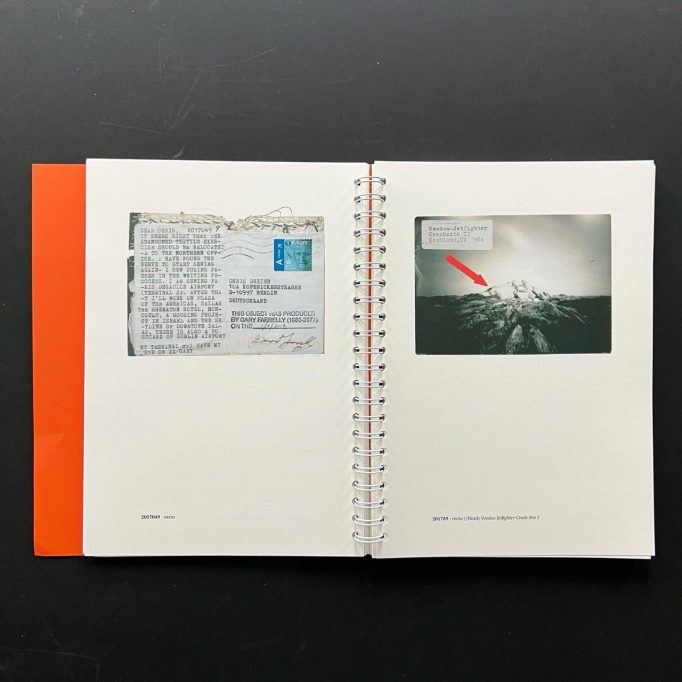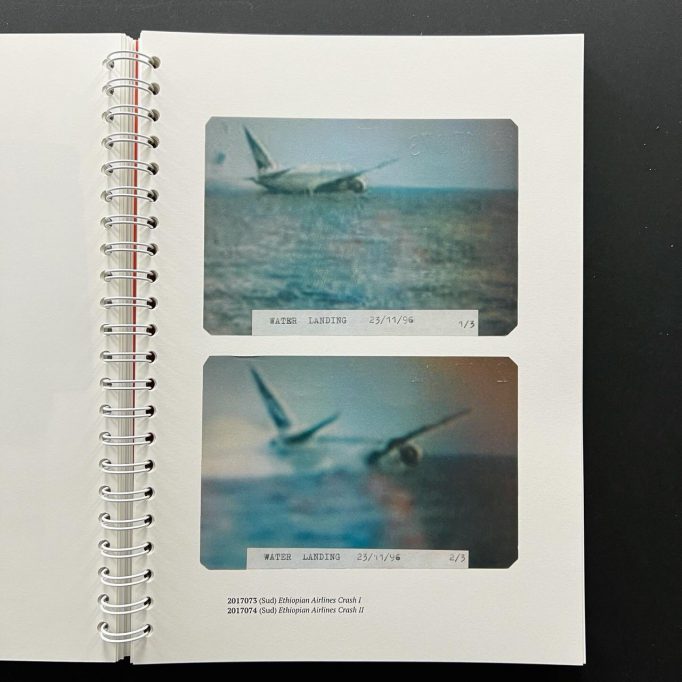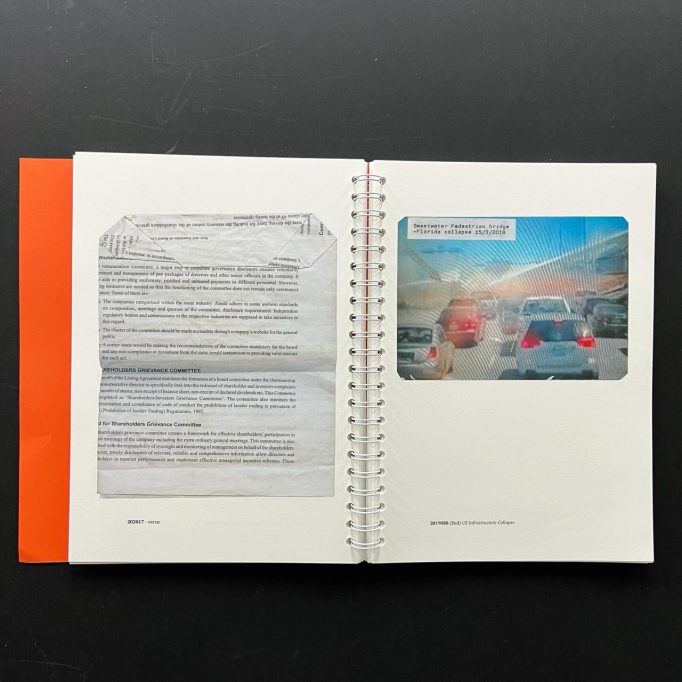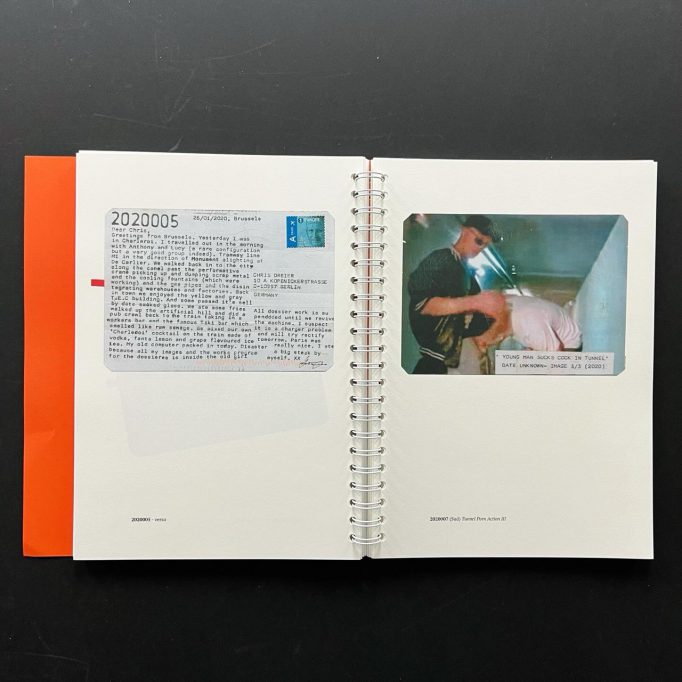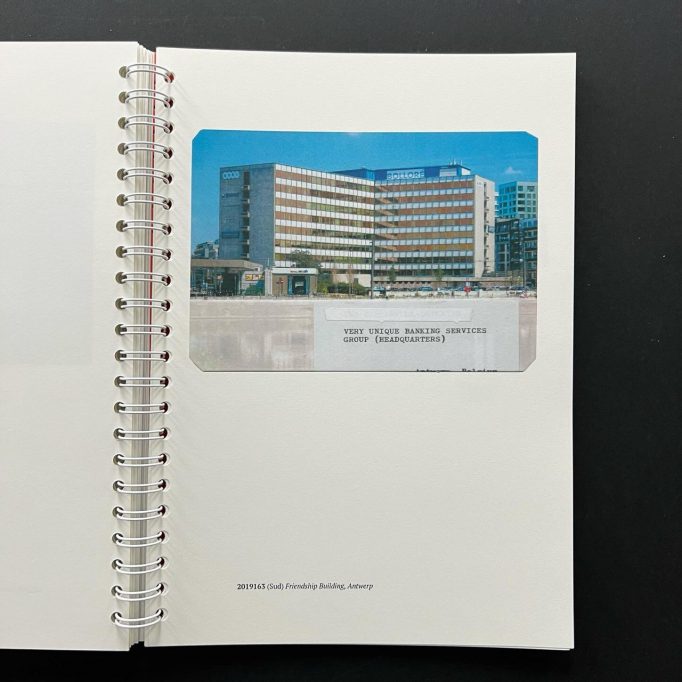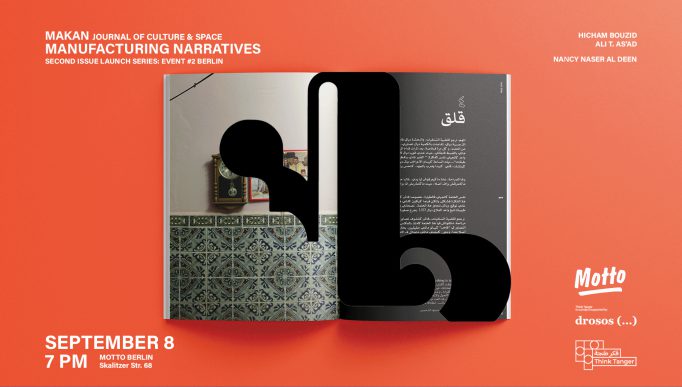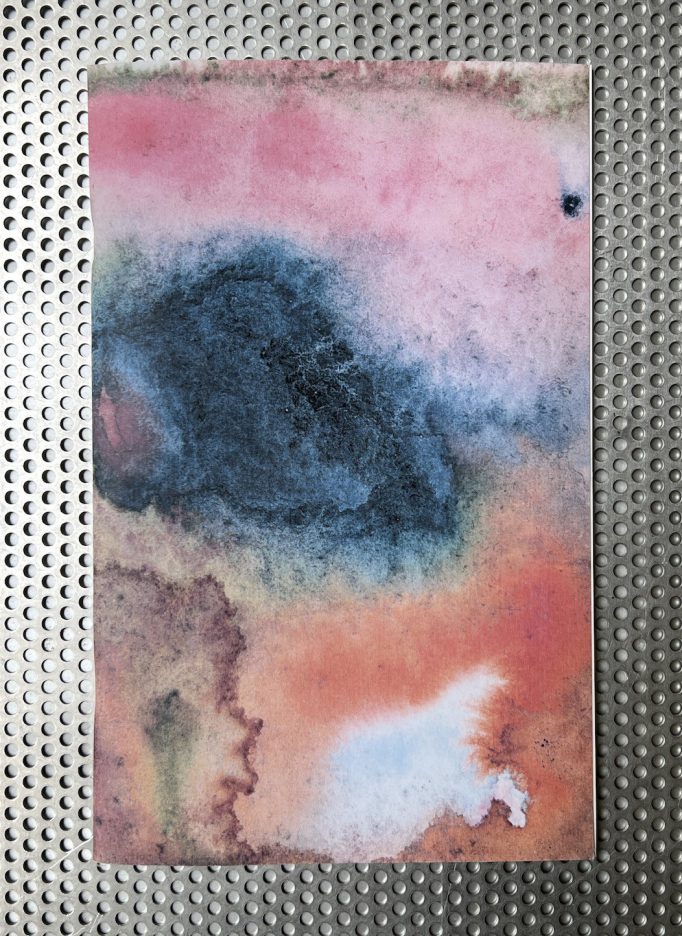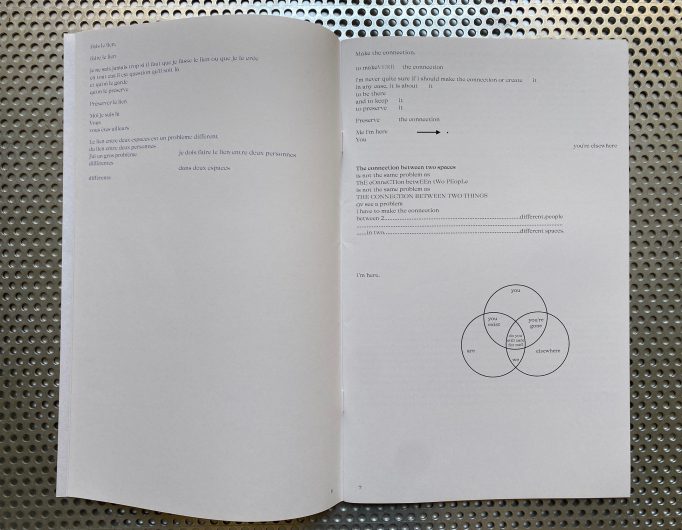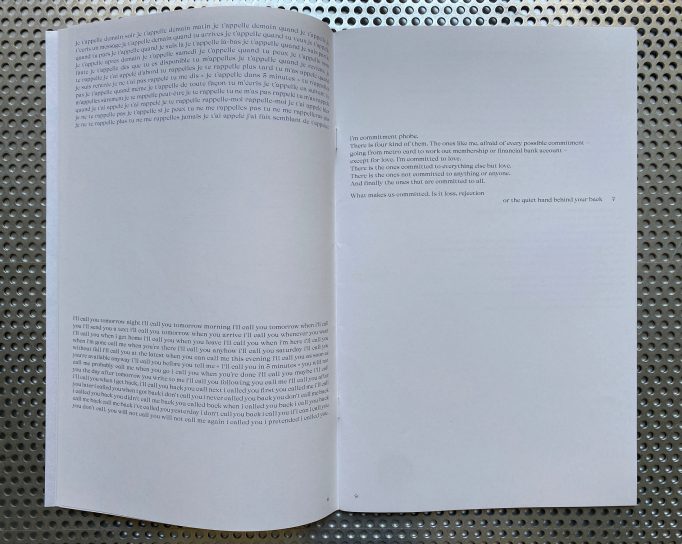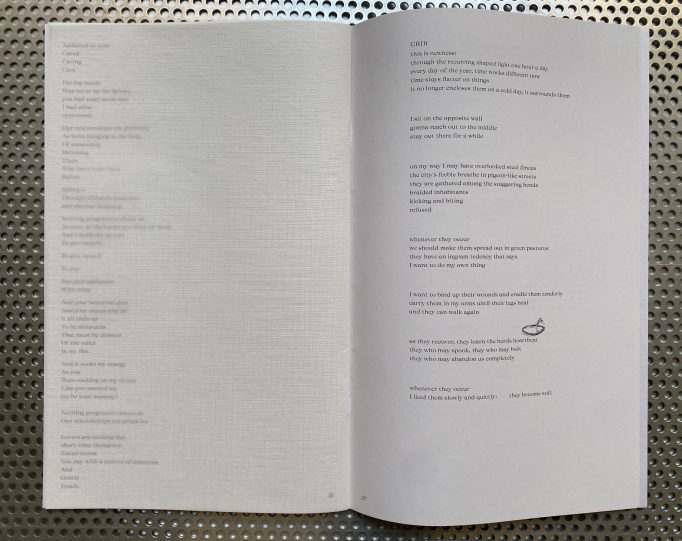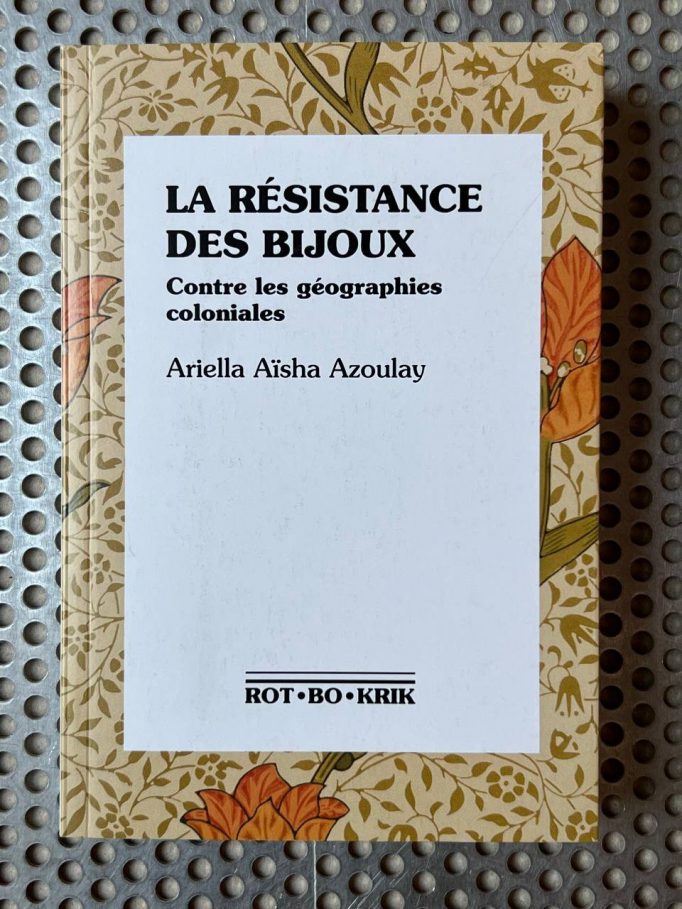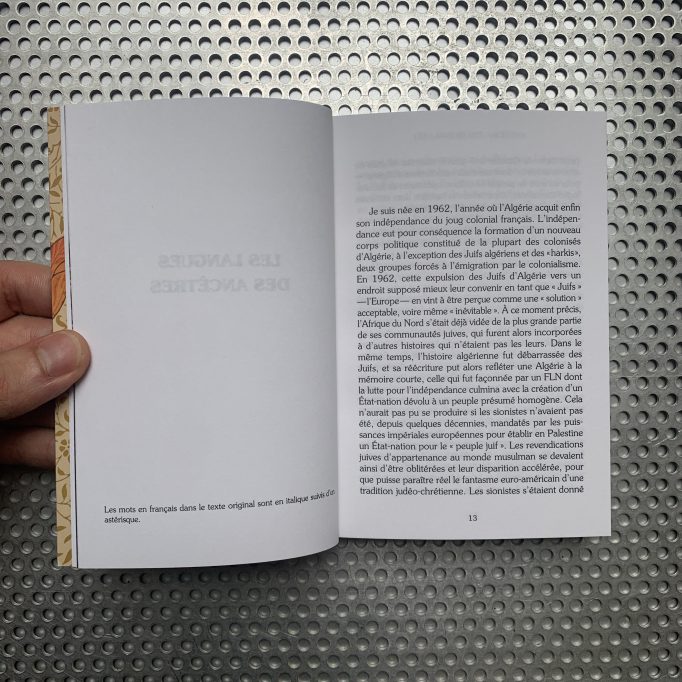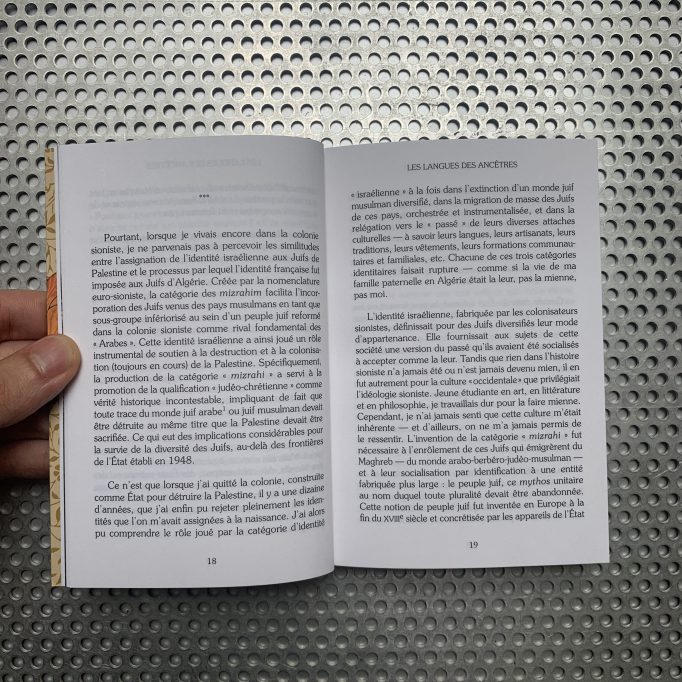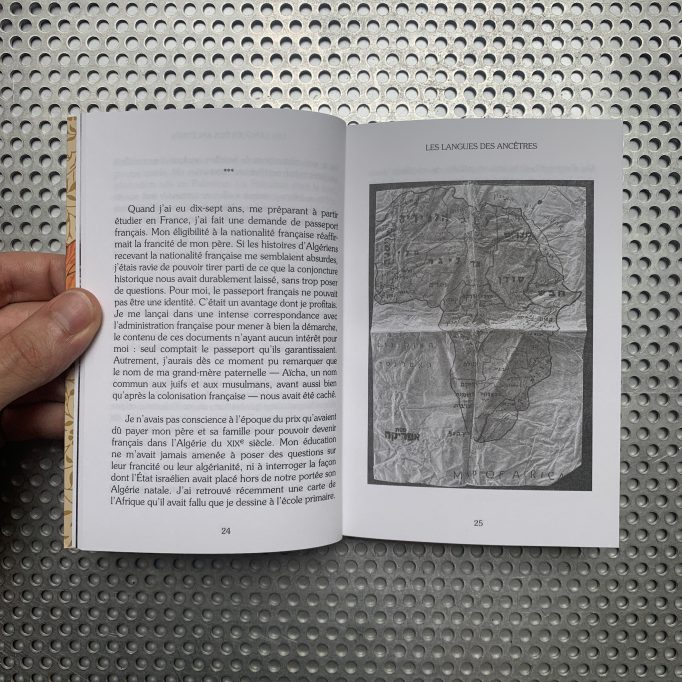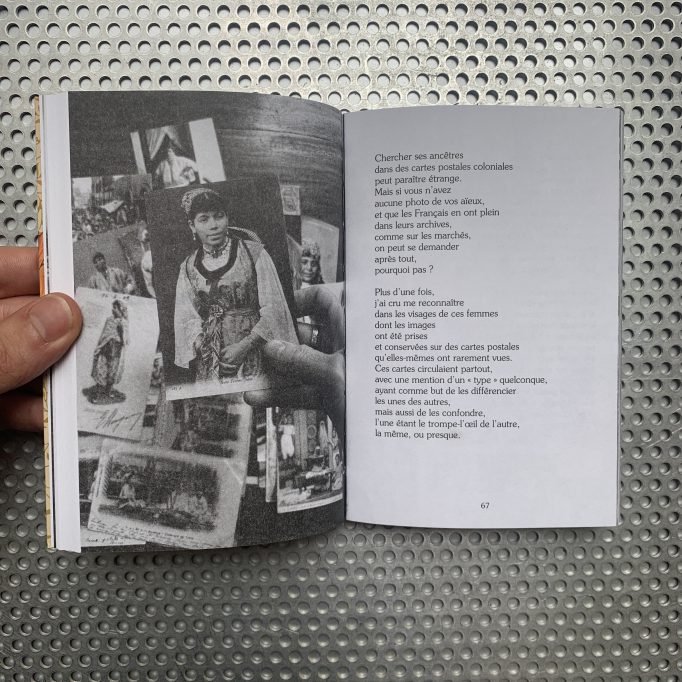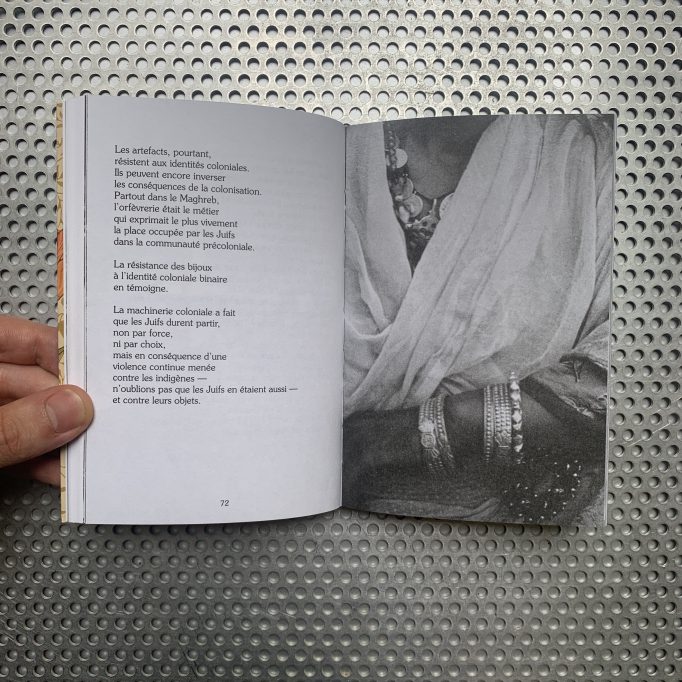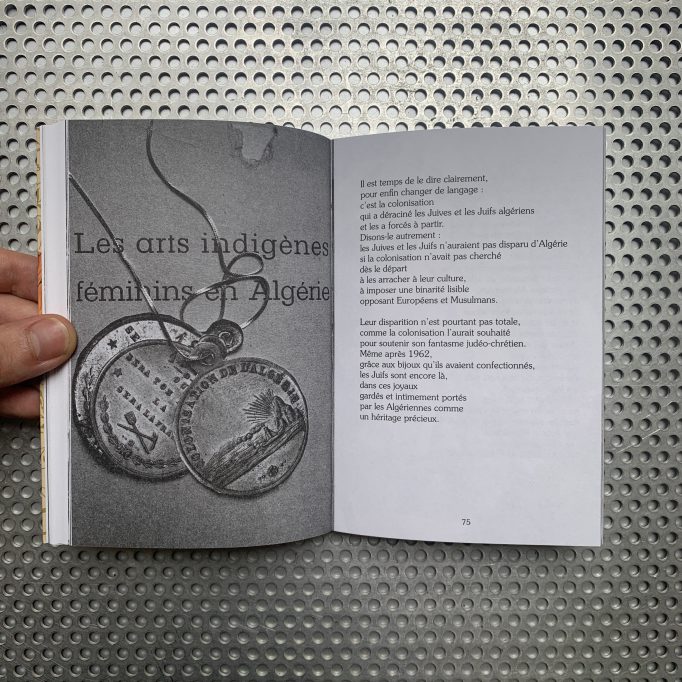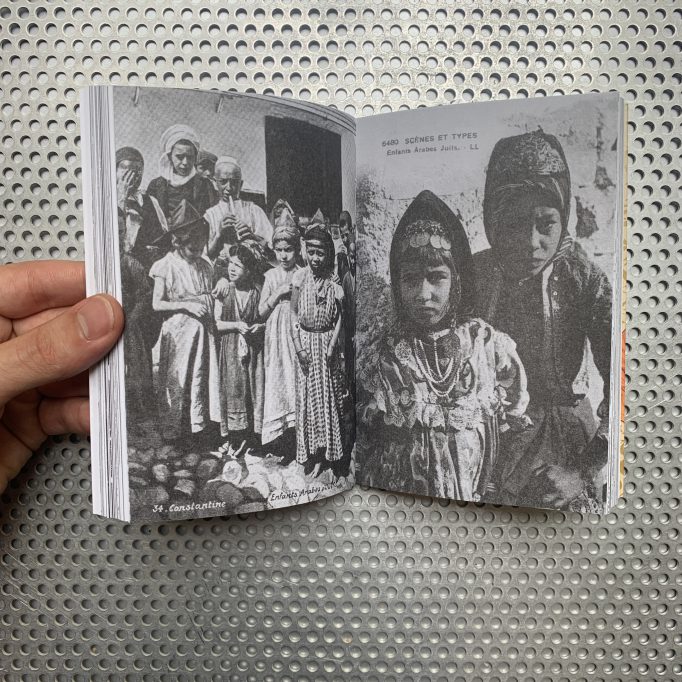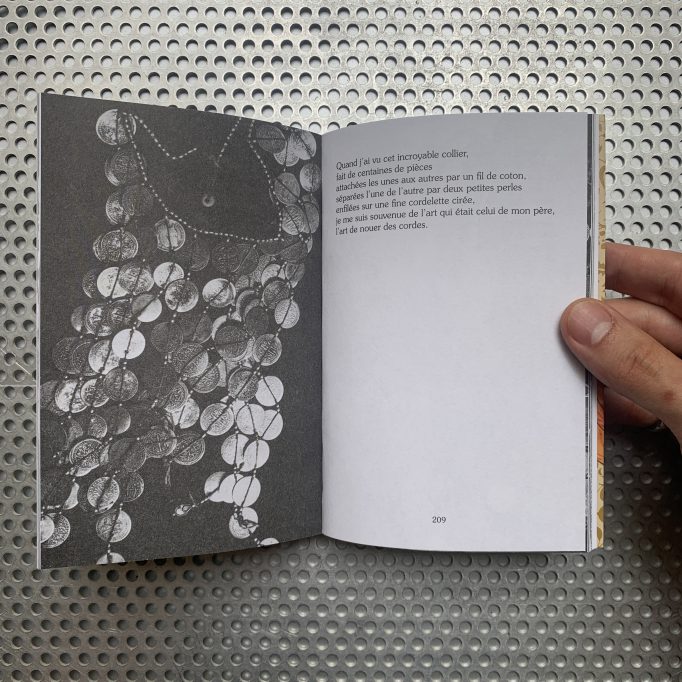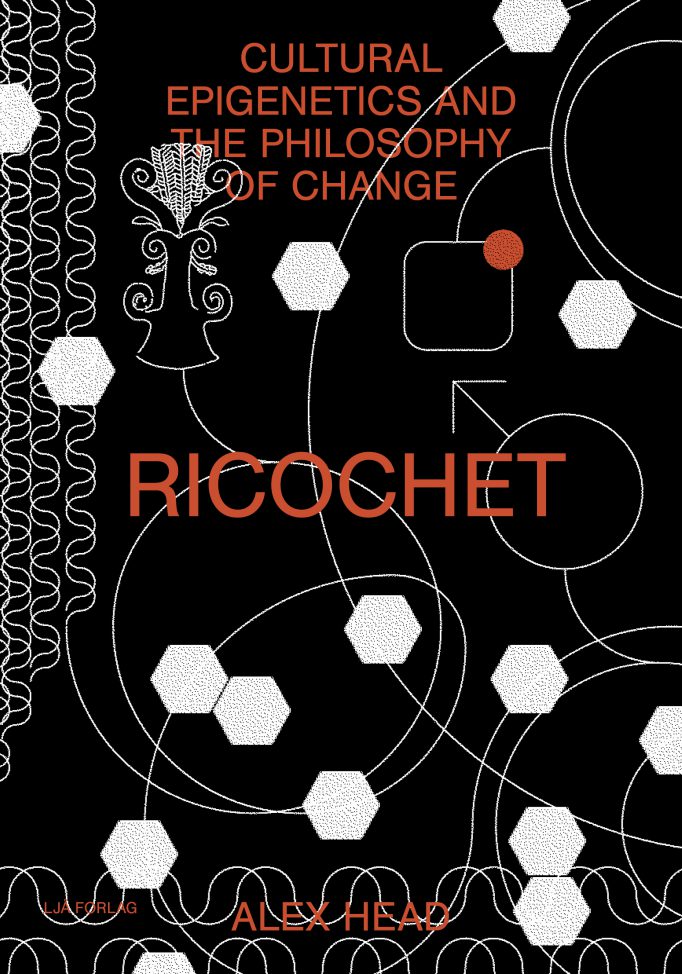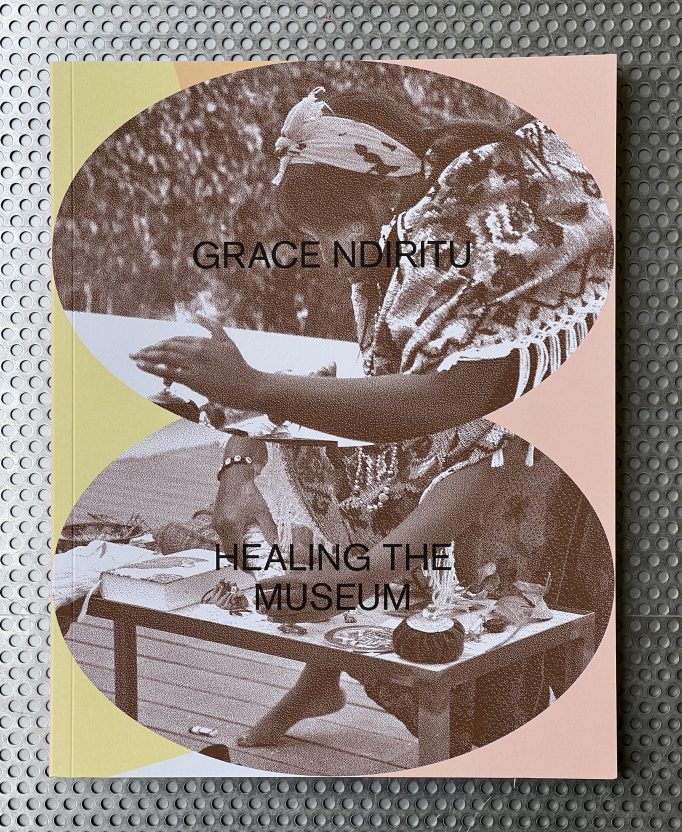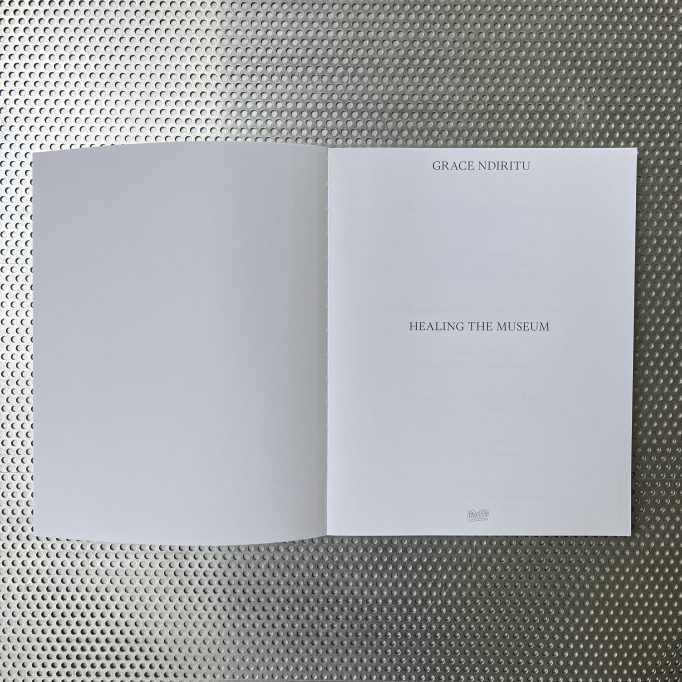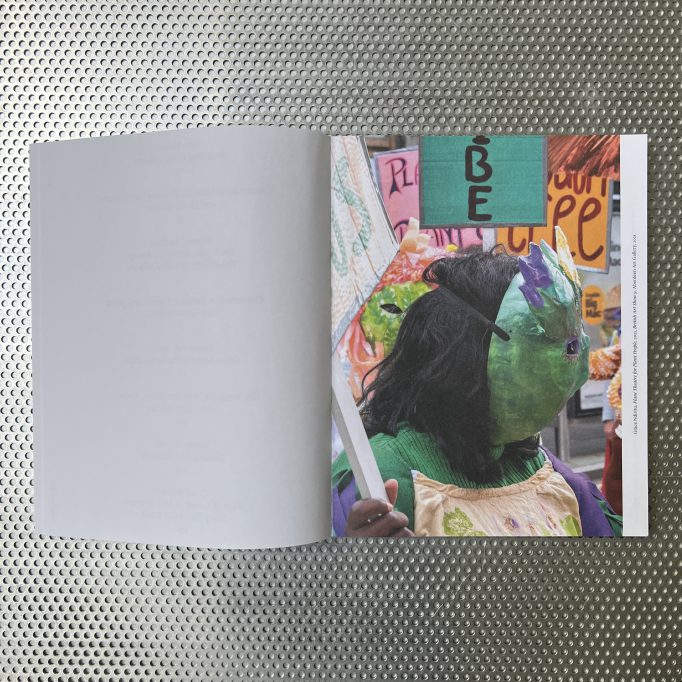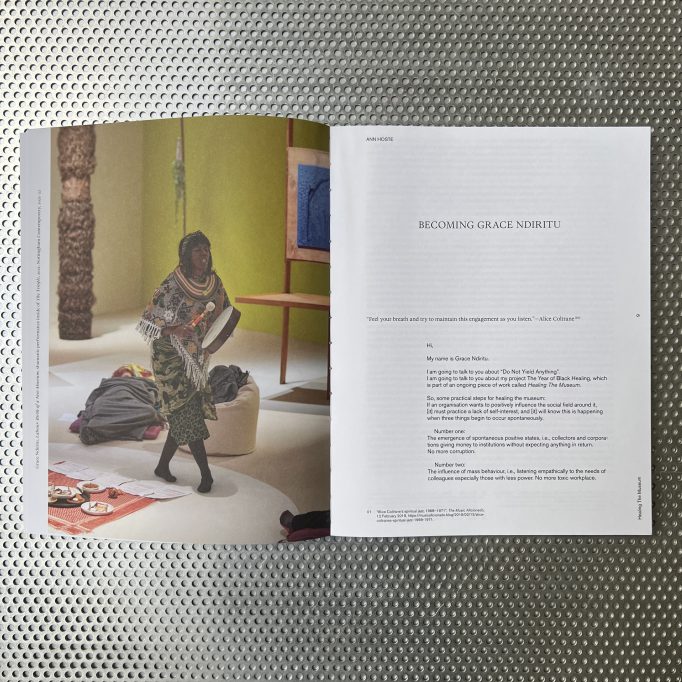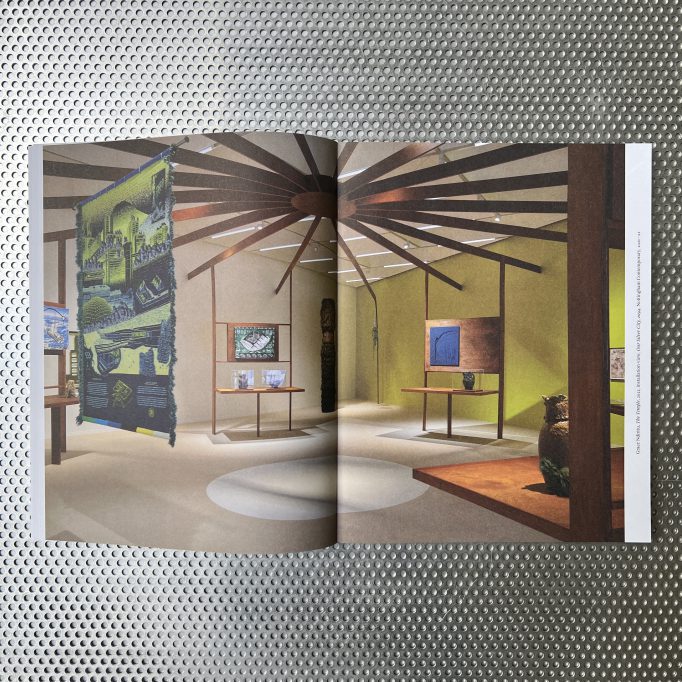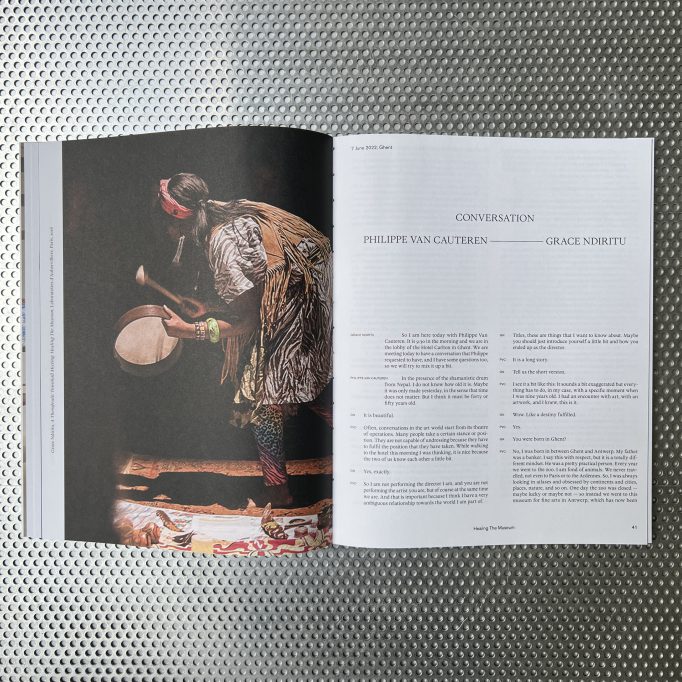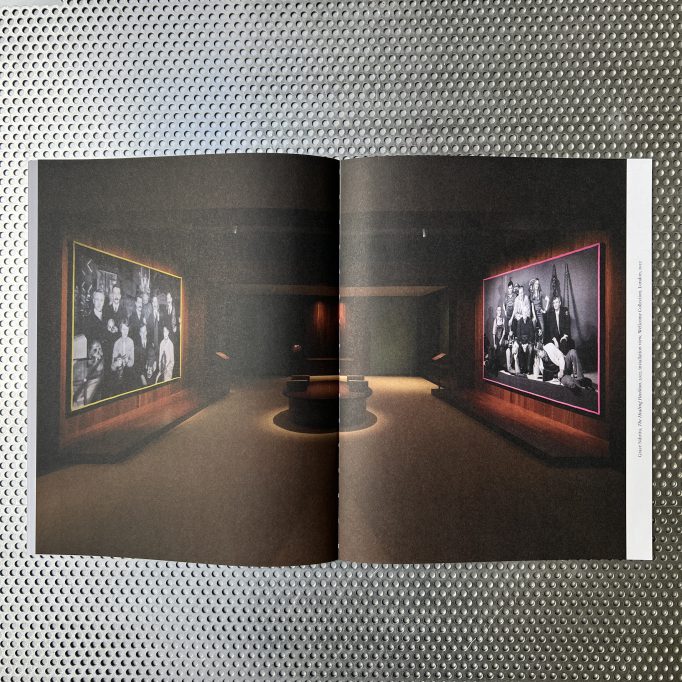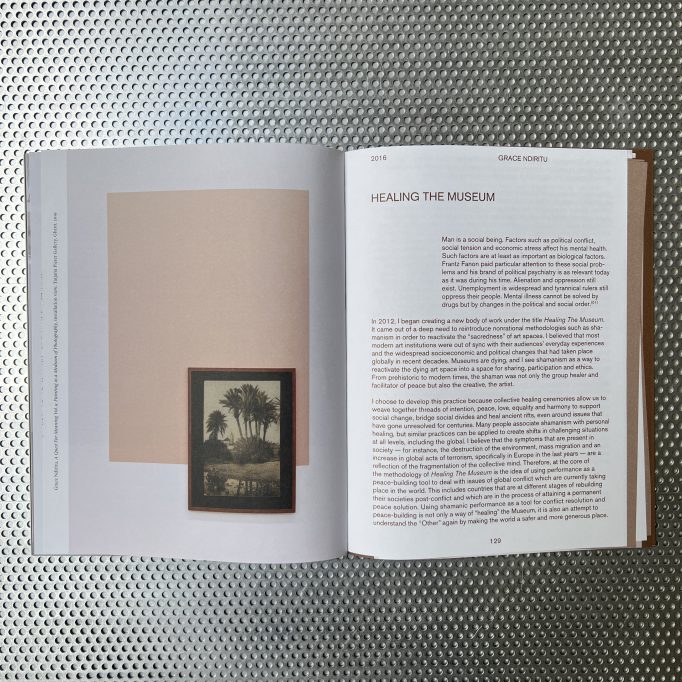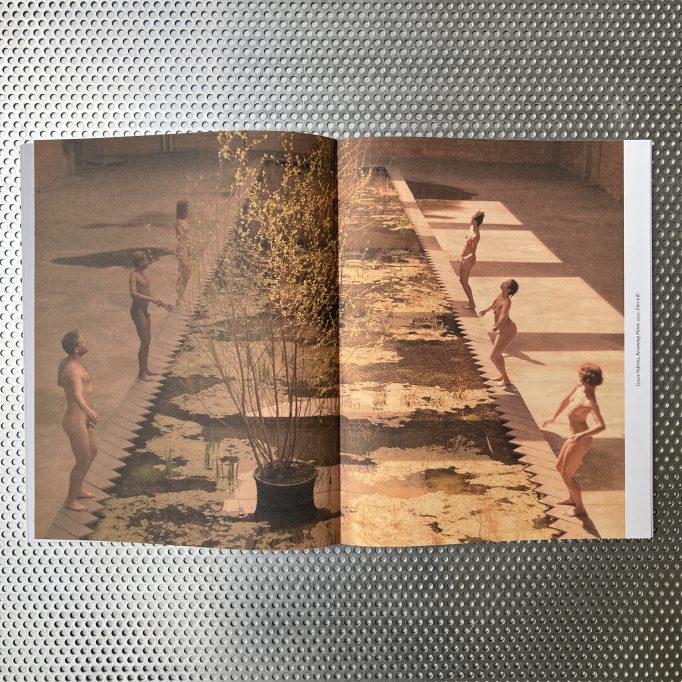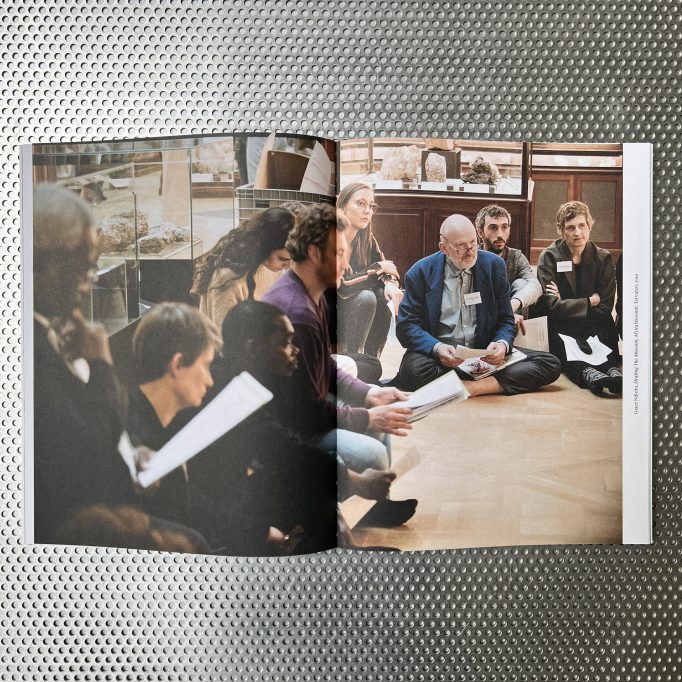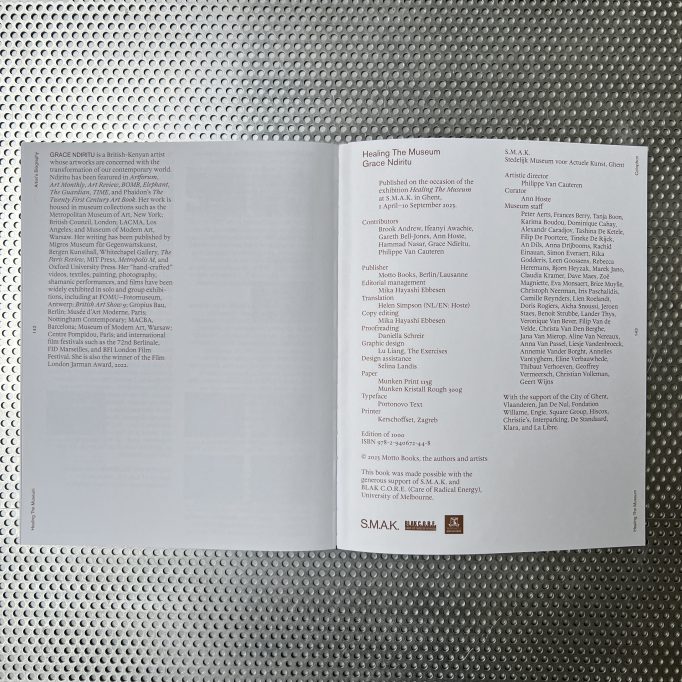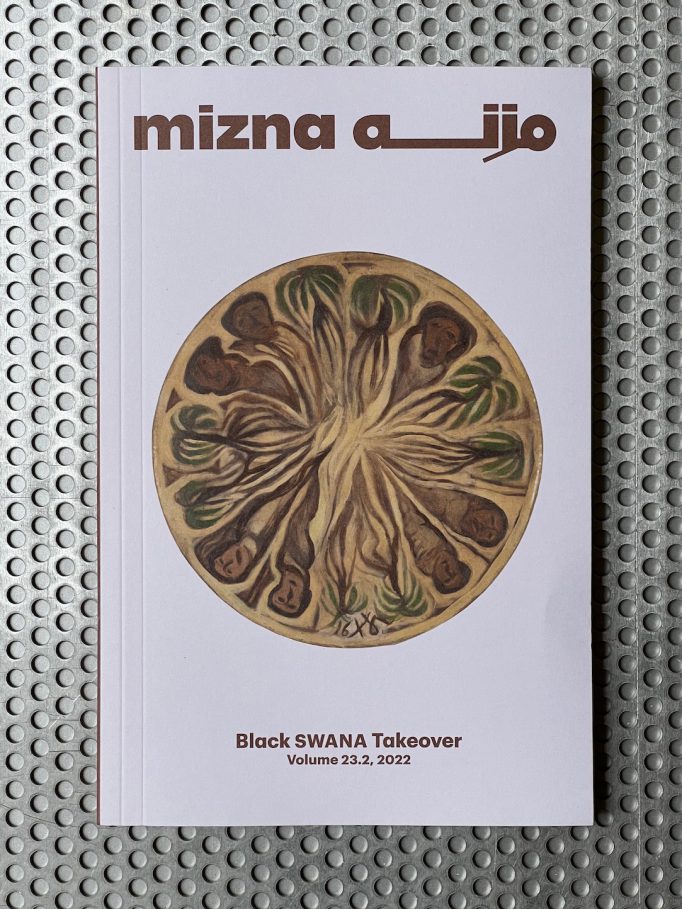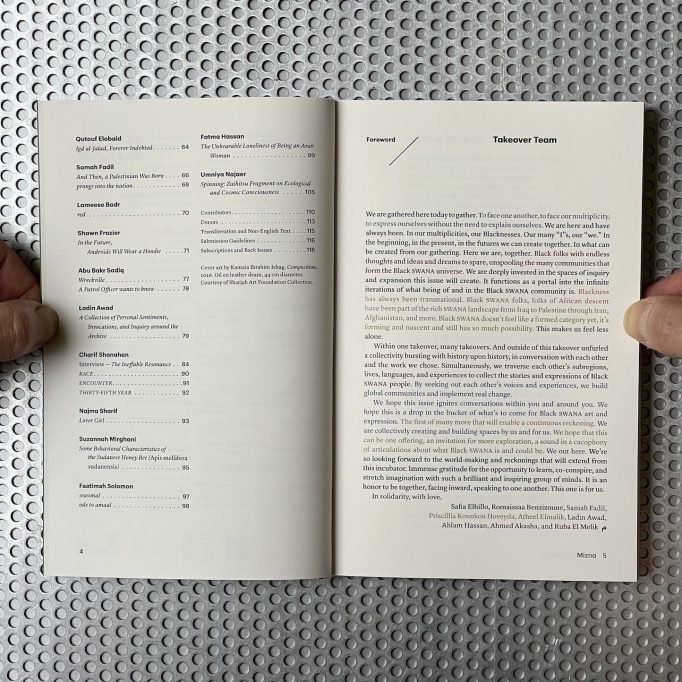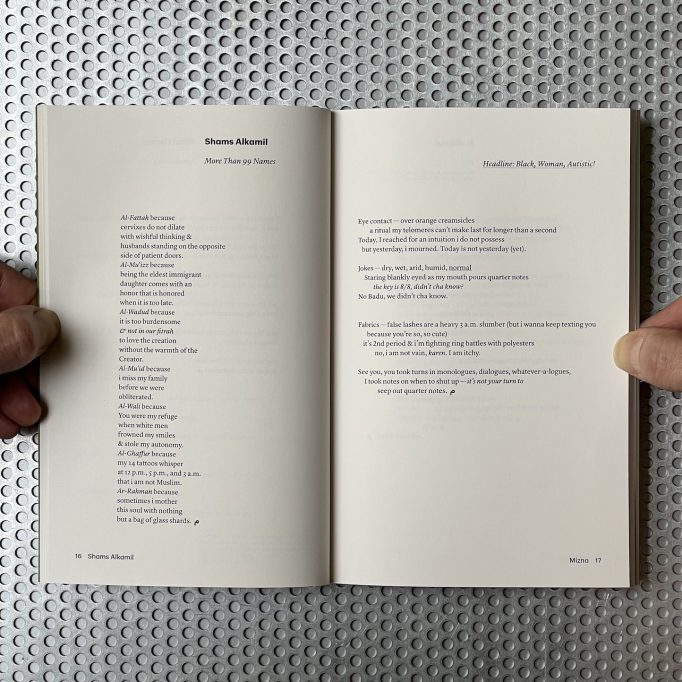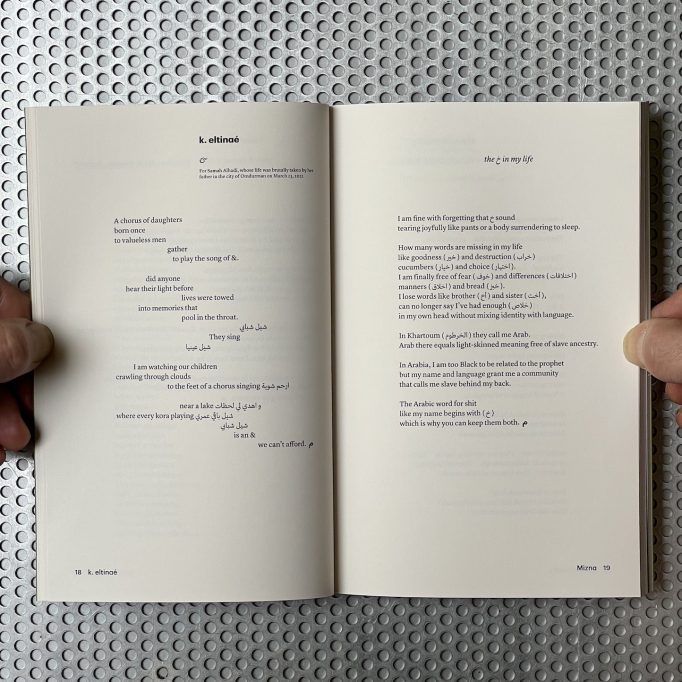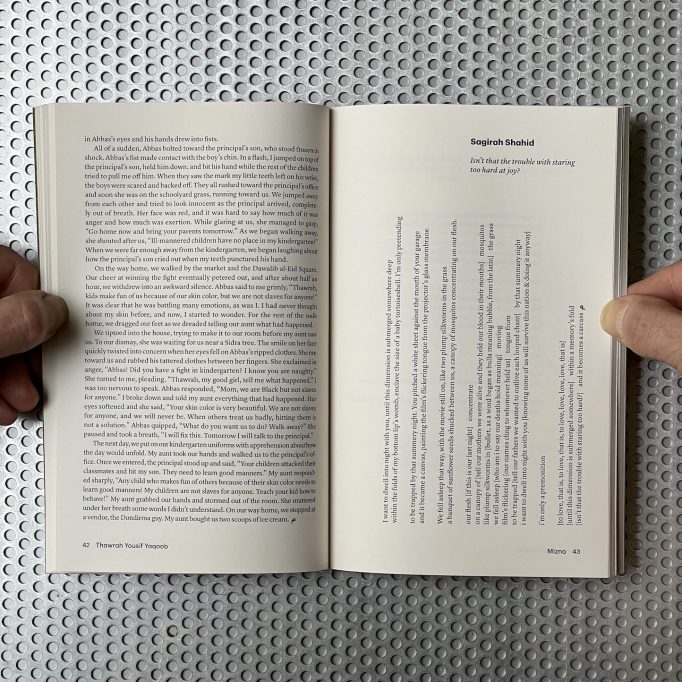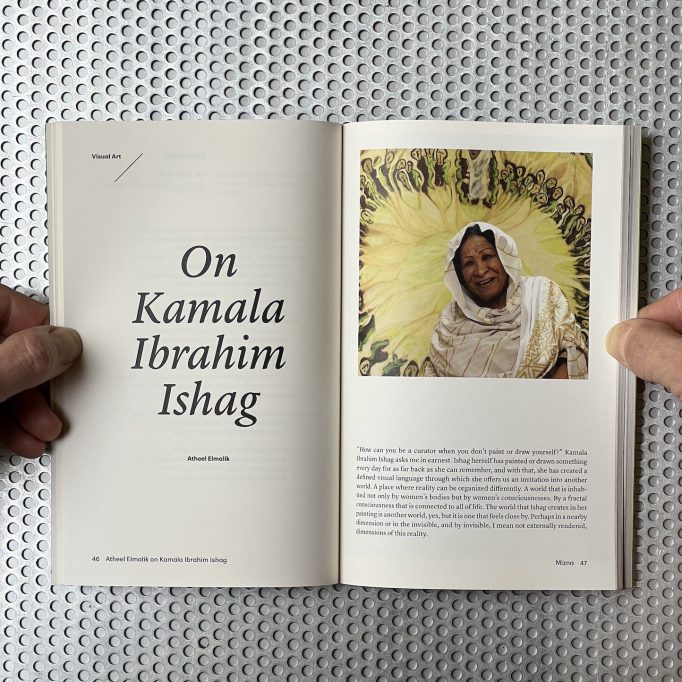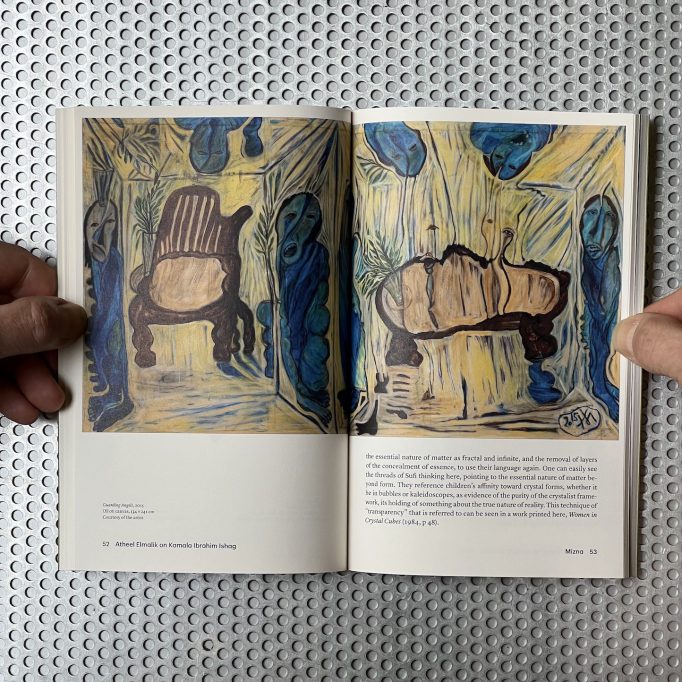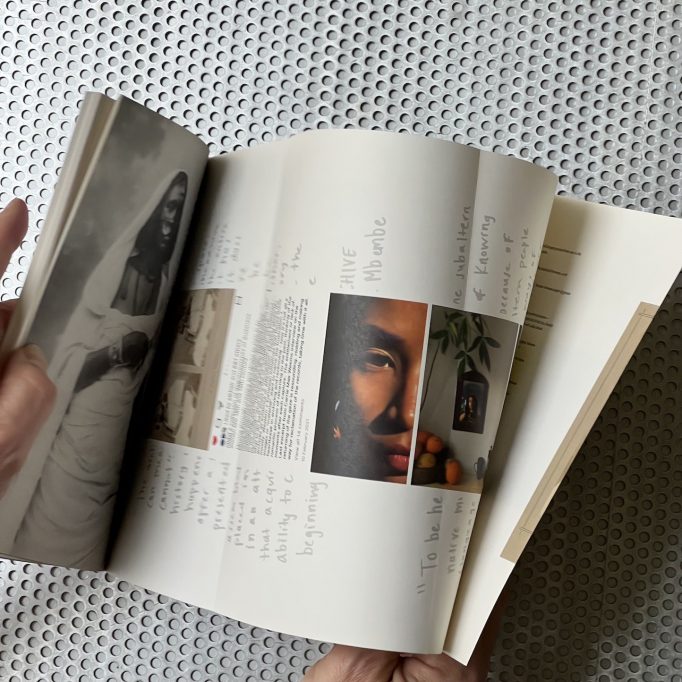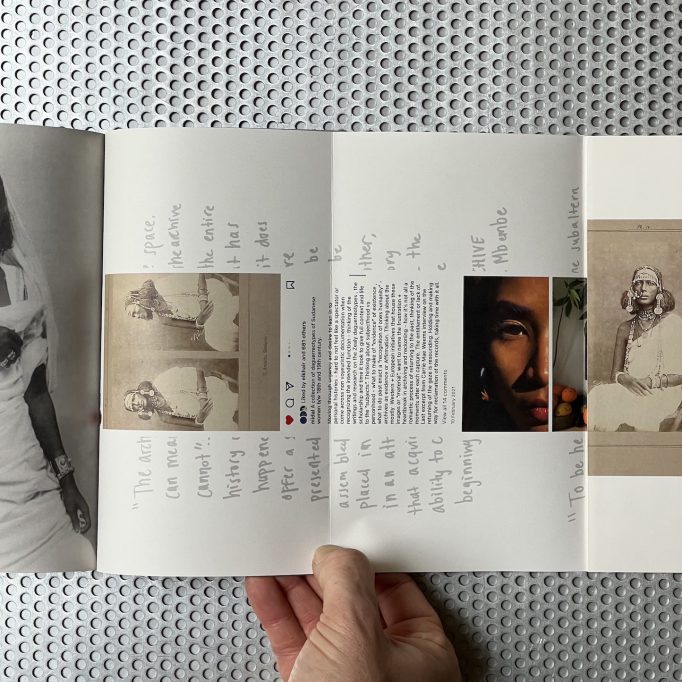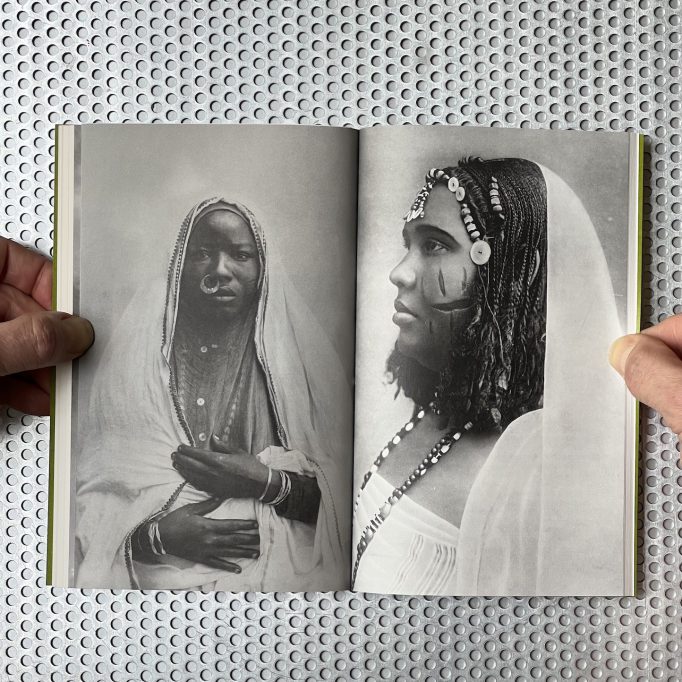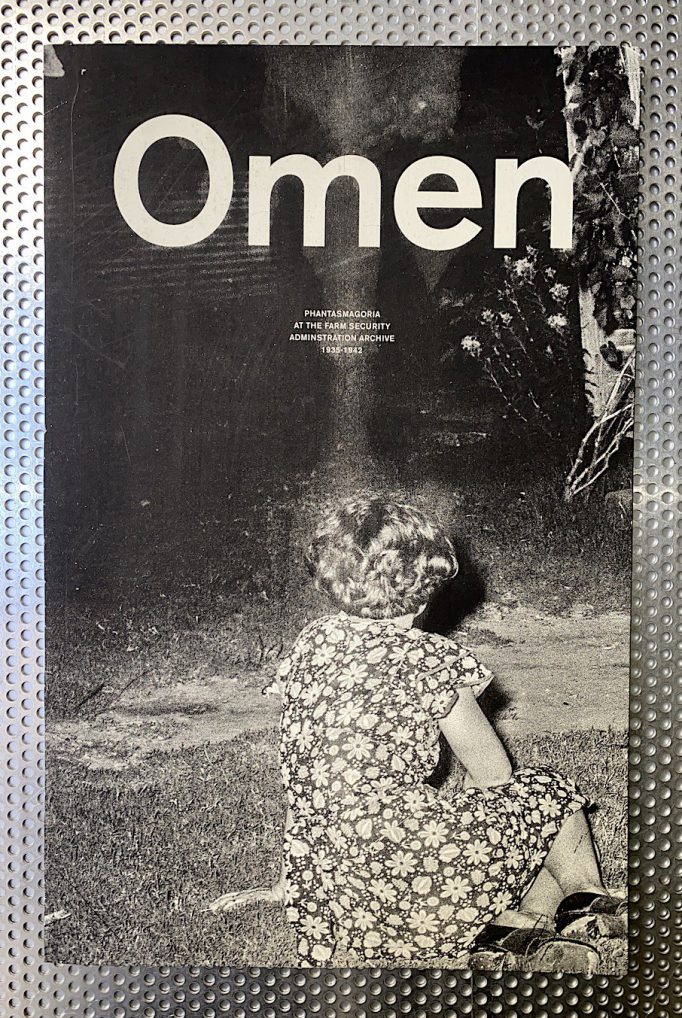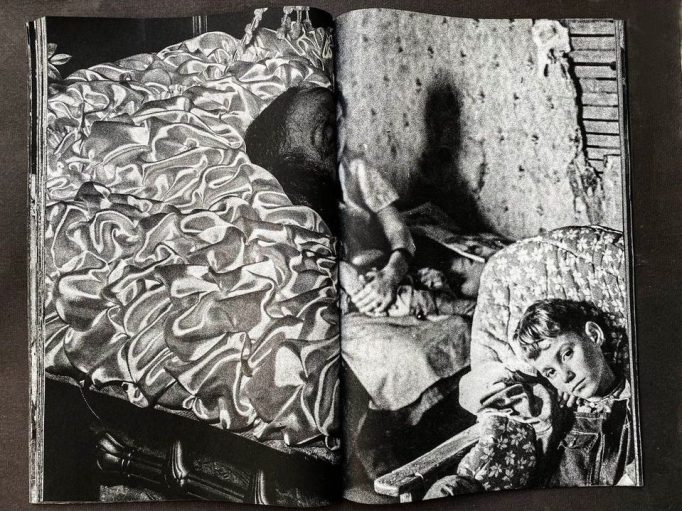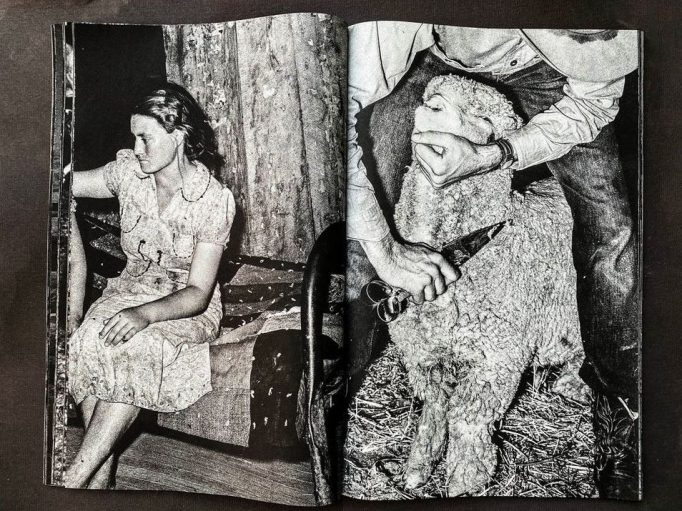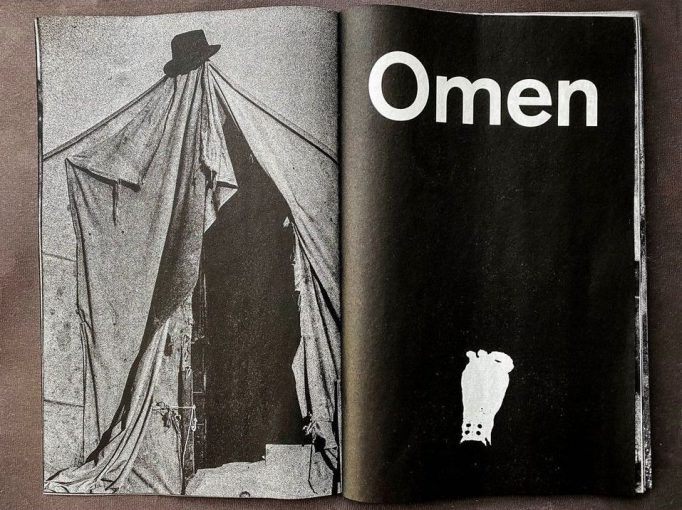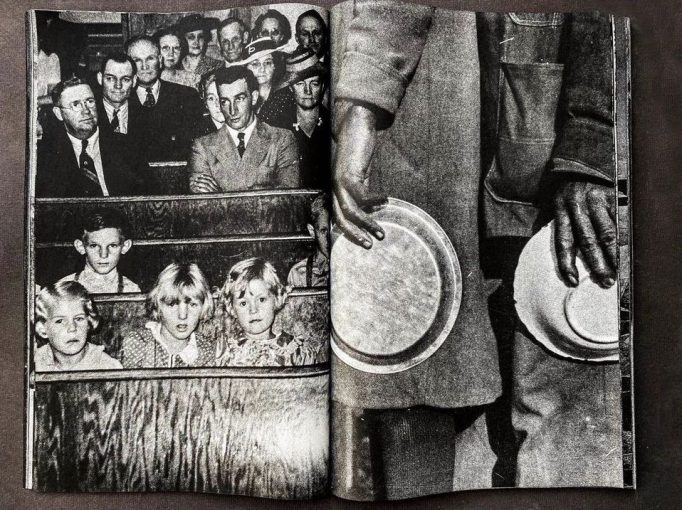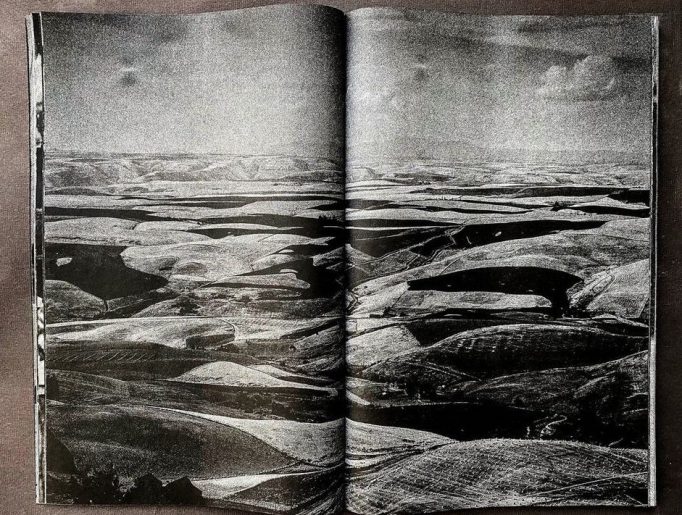ARTMargins Vol. 13.1 – Socialism In Contemporary African Art
Posted in Art, Journal, politics, Uncategorized on September 1st, 2024Tags: ARTMargins
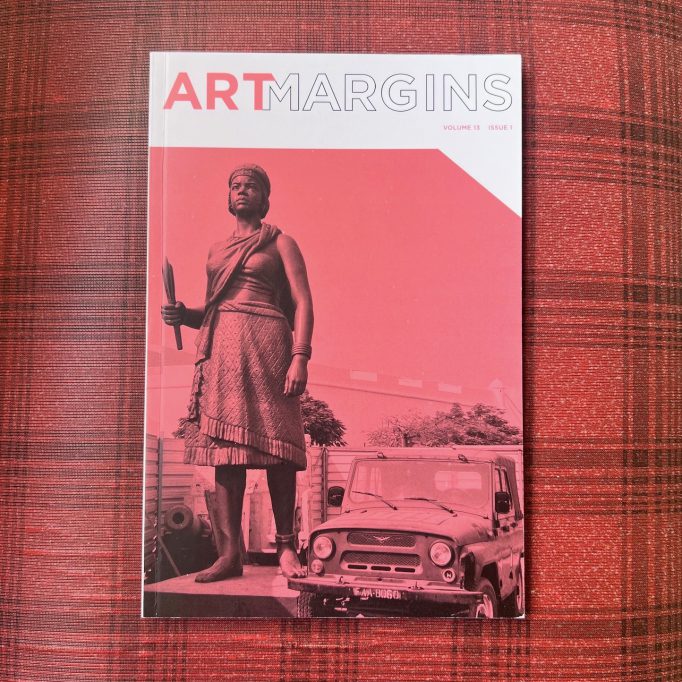
ARTMargins Vol. 13.1 ; Socialism In Contemporary African Art
This introductory essay and accompanying special issue of ARTMargins explore the role of African socialisms in contemporary art. Artists looking at Africa’s radical history face the challenge of responding to a generalized amnesia about the continent’s protagonism on intellectual and political radicalism after 1945. Working with under-researched themes, scarce historical records, and apprehensive oral sources, these artists are often tasked to amplify forgotten pasts while simultaneously critiquing the political contingency of historical investigation in global contemporary art. Global contemporary art—largely shaped by the neoliberal transition that followed the very histories explored by these artists—is often shown in its limitation to engage with socialist history critically. Through the authors’ analyses, many artworks nuance discussion of the erasures, fixed narratives, and nostalgia for Africa’s socialist past. Looking to this past, artists attempt to reorganize contemporaneity and its typical disregard for history beyond romanticization. Talho (2014), a work by Mozambican photographer Filipe Branquinho, is analyzed as a case study raising central questions on contemporary artists’ engagement with Africa’s socialist past.
by Álvaro Luís Lima.
February 2024.
Introduction
Socialism in Contemporary African Art: Butchering the End of Time
Álvaro Luís Lima
Articles
“We Need a Lighthouse Philosopher”: Filipa César and Louis Henderson’s Sunstone (2018) and the Portuguese Genealogy of Lens-Based Media
Delinda Collier
Make Me a Picture of the Future: Massinissa Selmani’s 1000 Socialist Villages (2015)
Natasha Marie Llorens
The Mythography of Socialism in Contemporary Angolan Art
Nadine Siegert
The Politics and Aesthetics of Liberation: Revolution and Its Aftermath in Contemporary Artistic Practice from and about Lusophone Africa
Ana Balona de Oliveira
Abstract States: Modernism in Lebanon, Syria, and Turkey
Gemma Sharpe
Artist Project
As the Nile Flows or the Camel Walks
Dawit L. Petros, Black Athena Collective
Document
Introduction to “Cultural Offensive of the Working Classes”
Polly Savage
Cultural Offensive of the Working Classes
Tempo, Polly Savage

